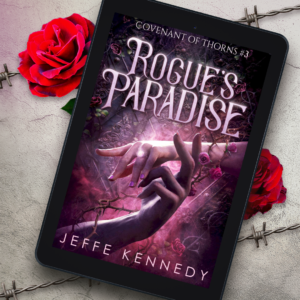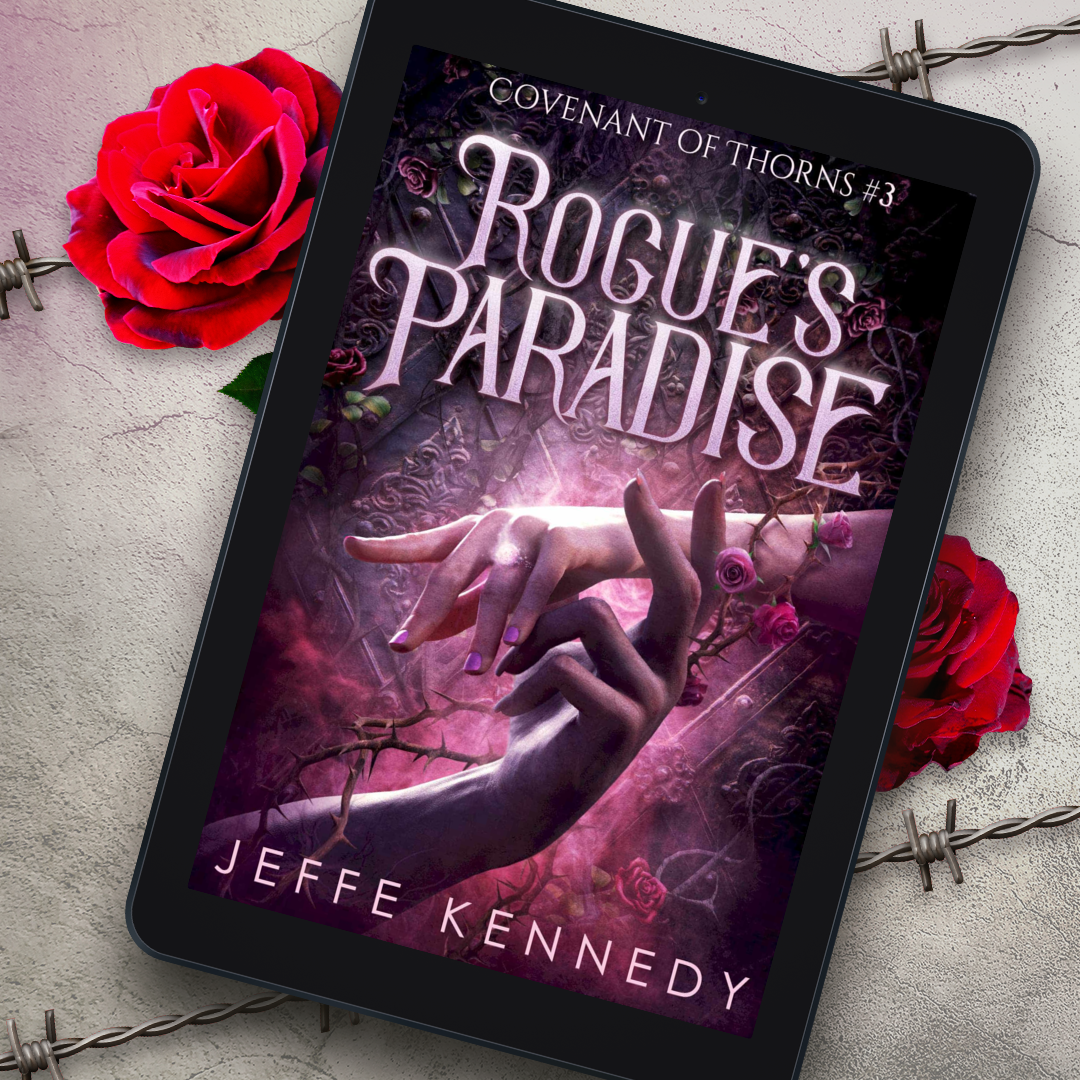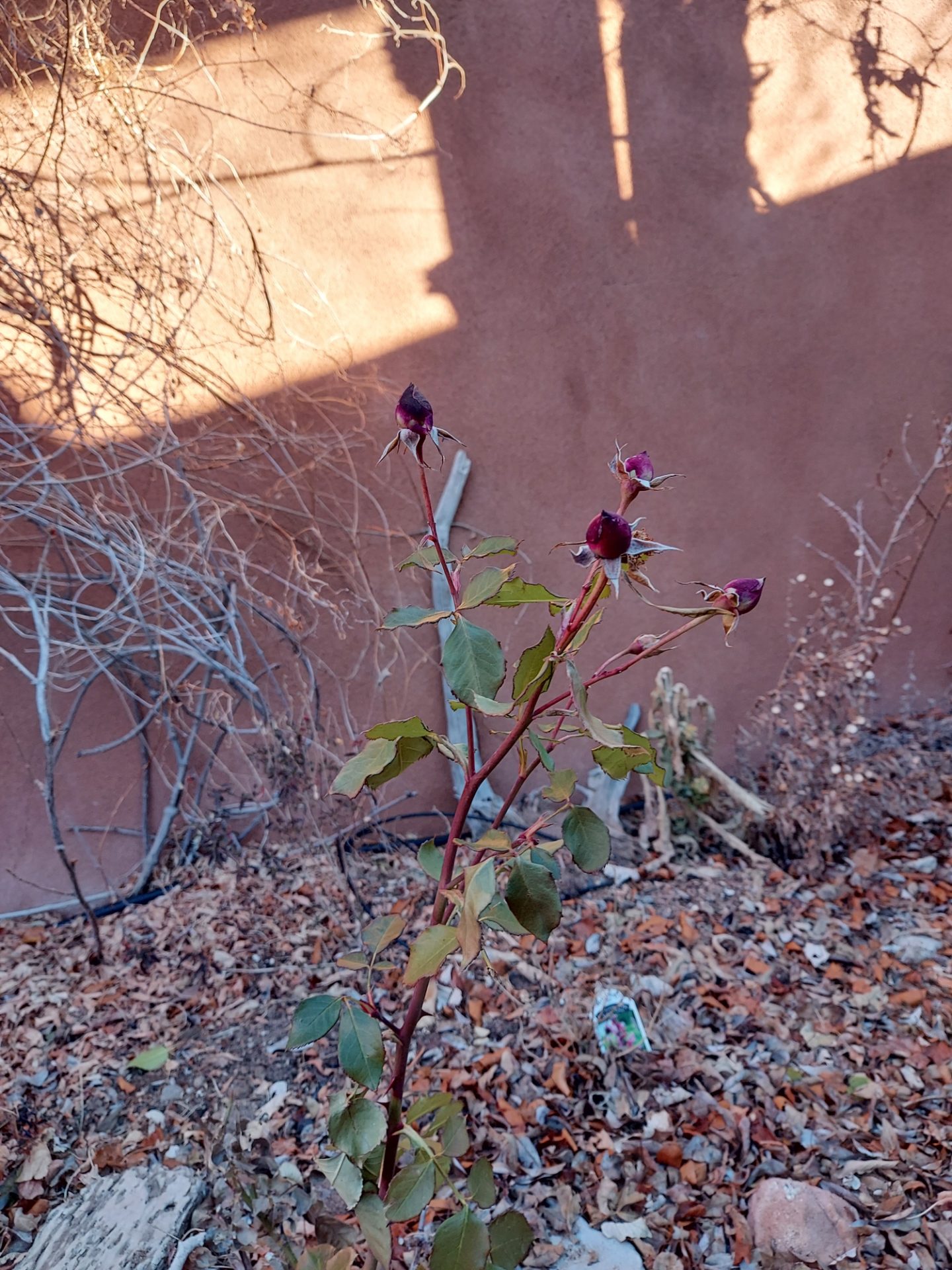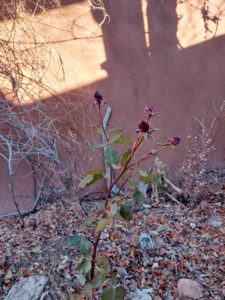
The Covenant is complete! Book 3 in A Covenant of Thorns, ROGUE’S PARADISE, is now out in the wild, walking its wild ways. Thanks to all for supporting this re-release of my very first dark fantasy romance trilogy. It’s beyond wonderful to see these books finding a new audience after all these years.
This week at the SFF Seven, we’re talking about copyeditors and the arguments we have with them. We all have grammatical hills we’ll die on – wisely or not – and we want to know what yours is! On what point will you refuse to give way, regardless of how the copyeditor might argue?
(I feel I should note at this point that the author/editor/copyeditor relationship is a symbiotic one. Even in traditional publishing – all rumor to the contrary of authors being “forced” to do x, y, z – seldom will anyone INSIST on a change. Almost always the author has final say, because it is their book, and they also bear final responsibility. It’s in the contract. If an author commits slander or other blunders, the ultimate responsibility – financial, legal, and moral – rests with them.)
I, like most authors, have a love/hate relationship with copyeditors. On the one hand, they catch potentially horrifying errors. In fact, in the book above, the copyeditor corrected a character “peeing at her face” to “peering at her face” – something my editor and I had both missed and were hysterically relieved to have fixed.
We love them. We need them. As with all love/hate relationships, copyeditors drive us crazy.
I won’t fight about commas, as a rule. I really even don’t care about the Oxford comma. I know people like to make jokes showing how important that Oxford comma is, but in most cases the context makes it clear. I don’t get why copyeditors hate m-dashes so much, but I’ll concede in many cases. I personally find semi-colons archaic and not all that useful, but whatever.
You know what gets me, what I’ll really fight for?
Metaphorical language.
That’s what kills me (yes, LITERALLY KILLS ME) about many copyeditors is that they can be so freaking literal. Some examples.
“His eyes can’t really crawl over her. Imagine eyeballs rolling over her. Gross.”
“Can a cloud really look sad?”
“I don’t think this is a word.”
I could go on. The thing is, as writers, we’re often expanding the use of language. Dictionary definitions often include citations of first usage of a “new” word or expression. That’s because language is our medium and we are the ones shaping it. Copyeditors are on the side of enforcing the status quo. So a writer ends up walking the line between bending to the regulatory insistence of correctness as the rules currently stand and being the iconoclast who breaks those rules to open up new worlds.
Guess which side I’m on?
Yeah, copyeditors hate me right back.
But, I believe this push-pull is a part of our jobs, on both sides. We all want to produce the best book possible. We all love language and what it can do. I will say, however, to all the writers out there: believe in yourself and defend your words, because you are the fount of change.


